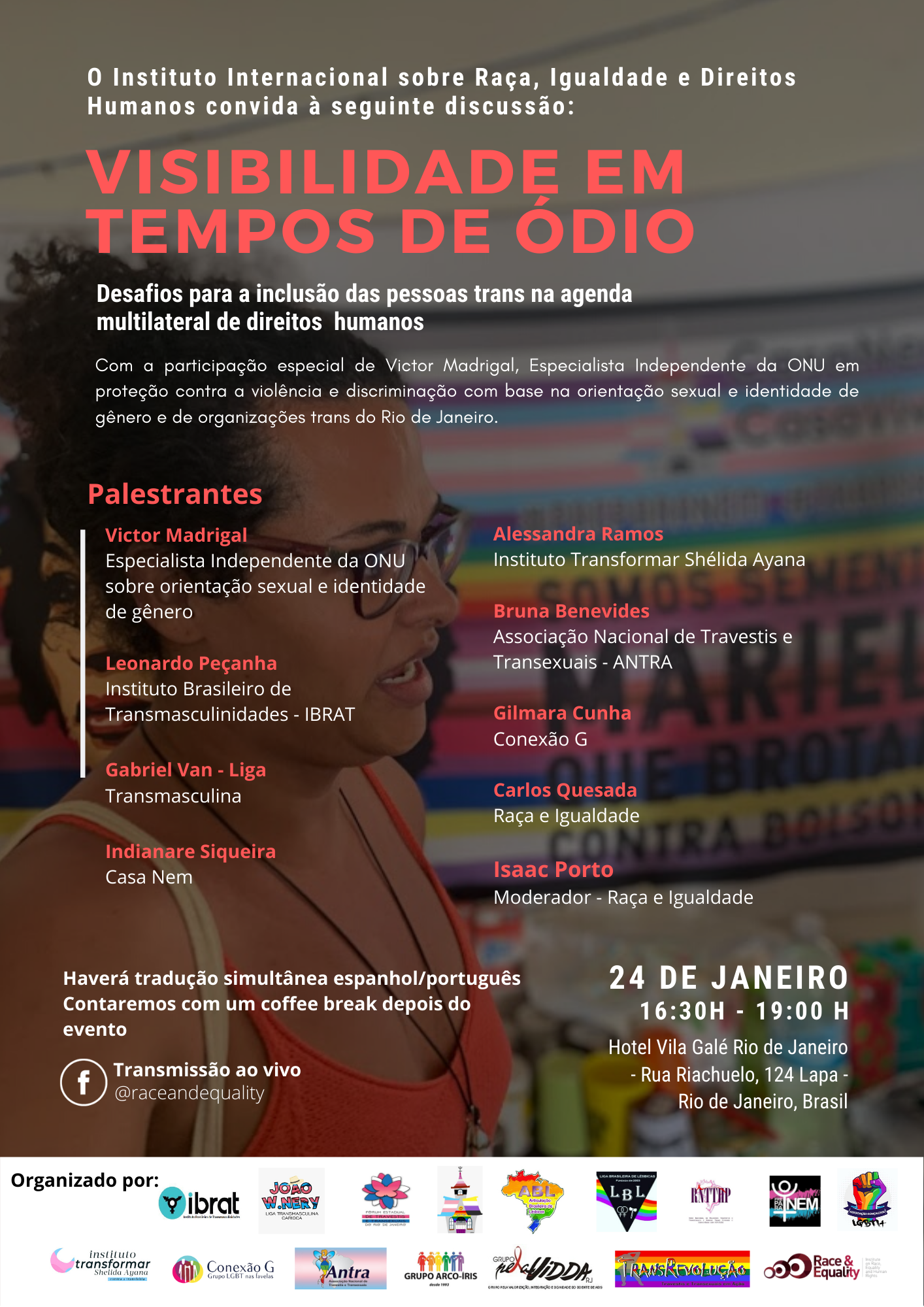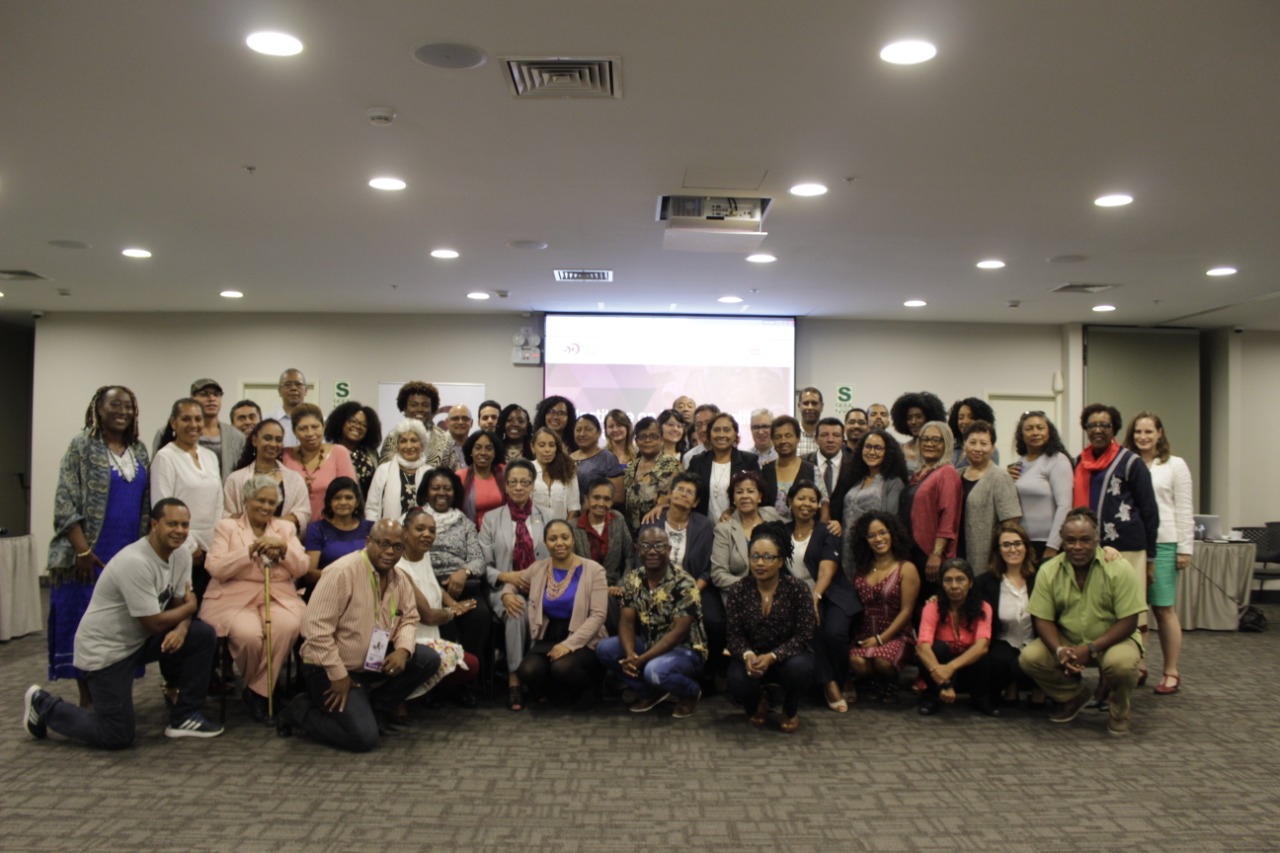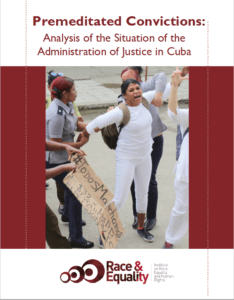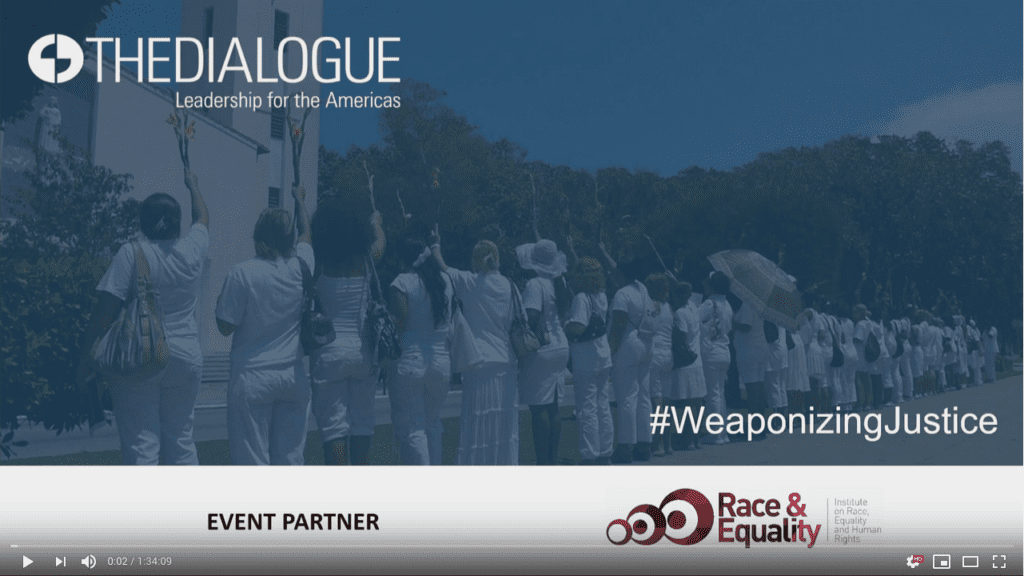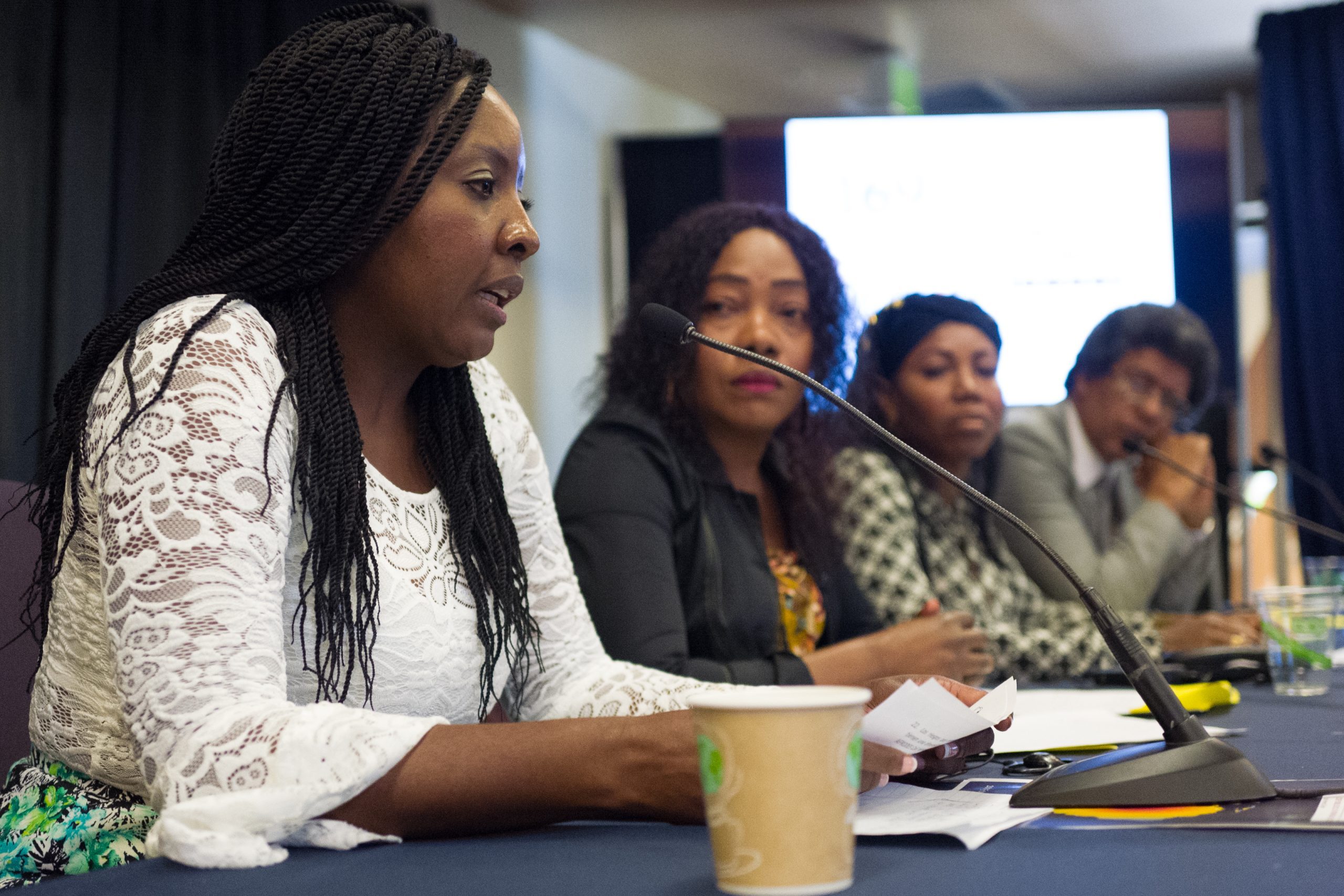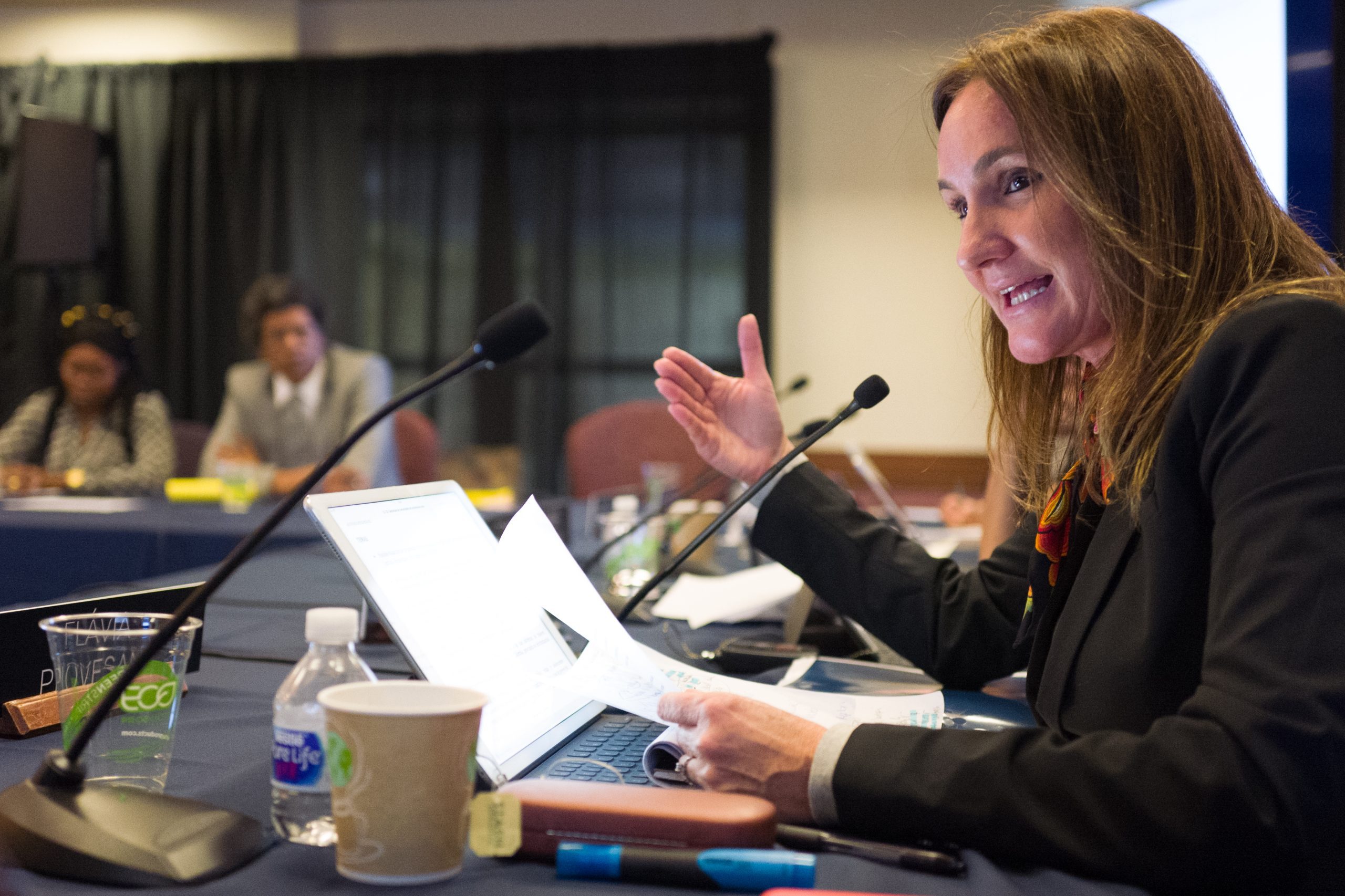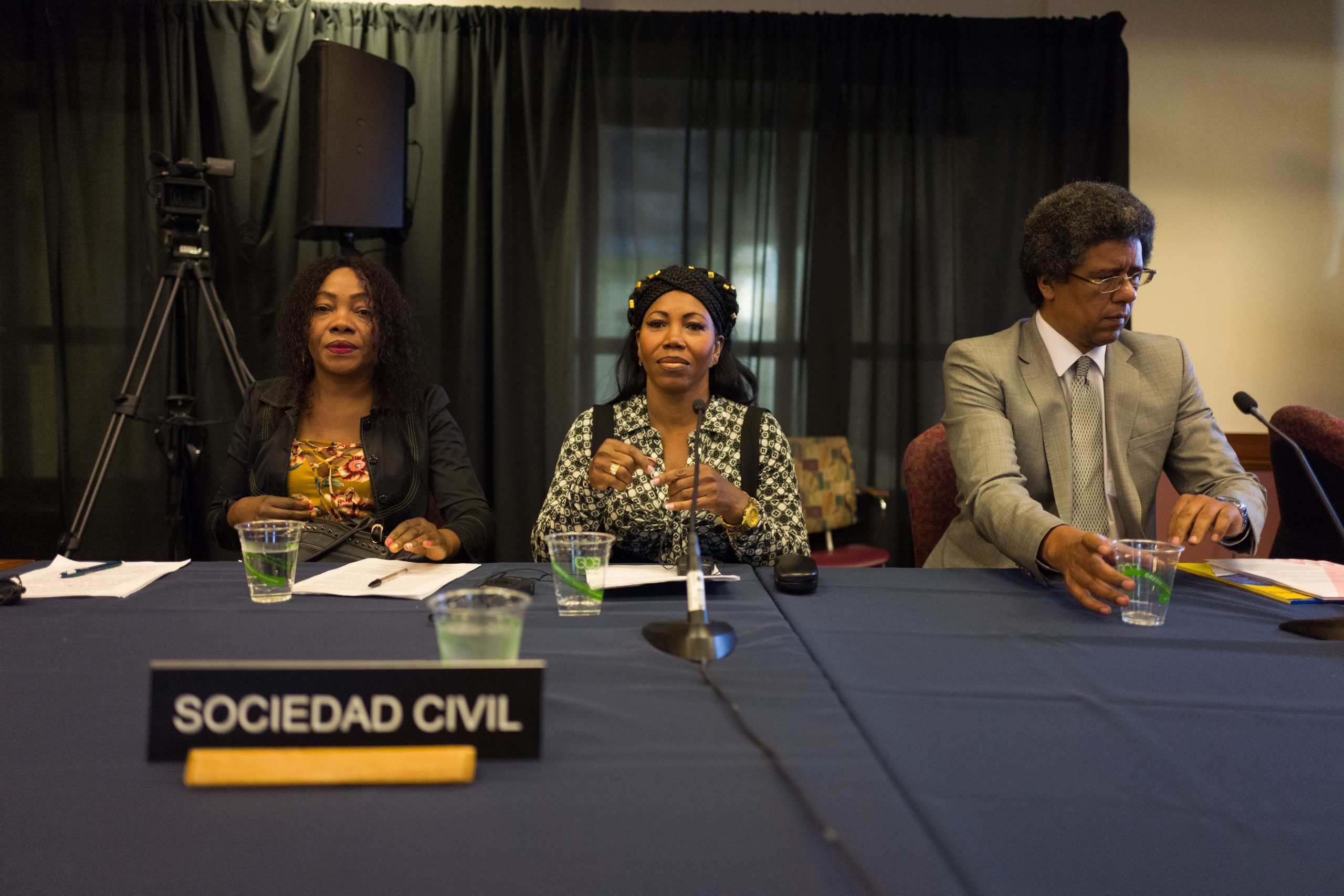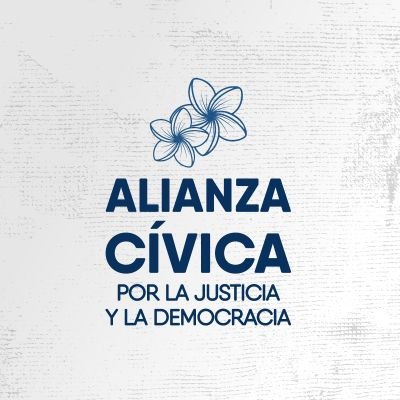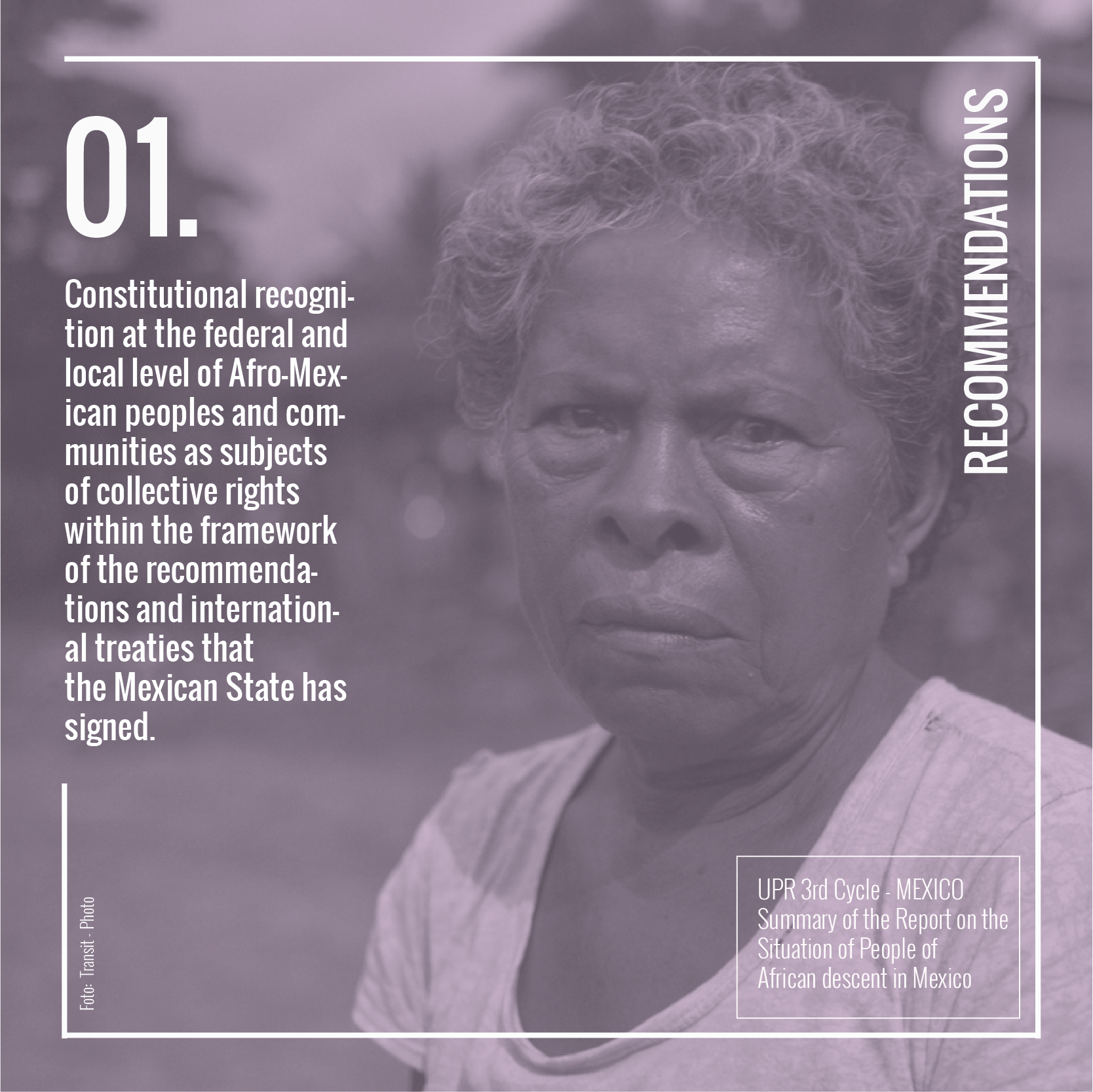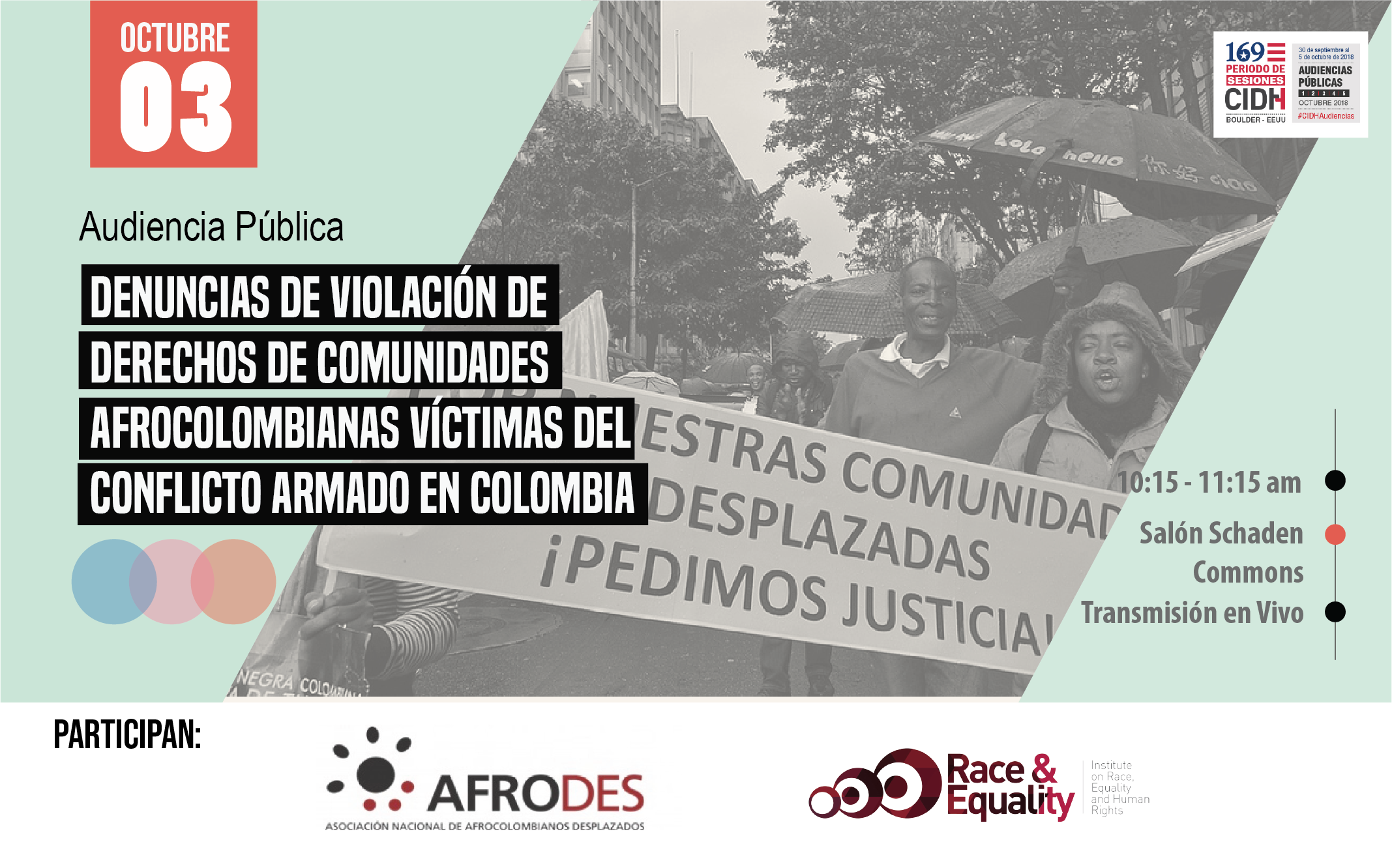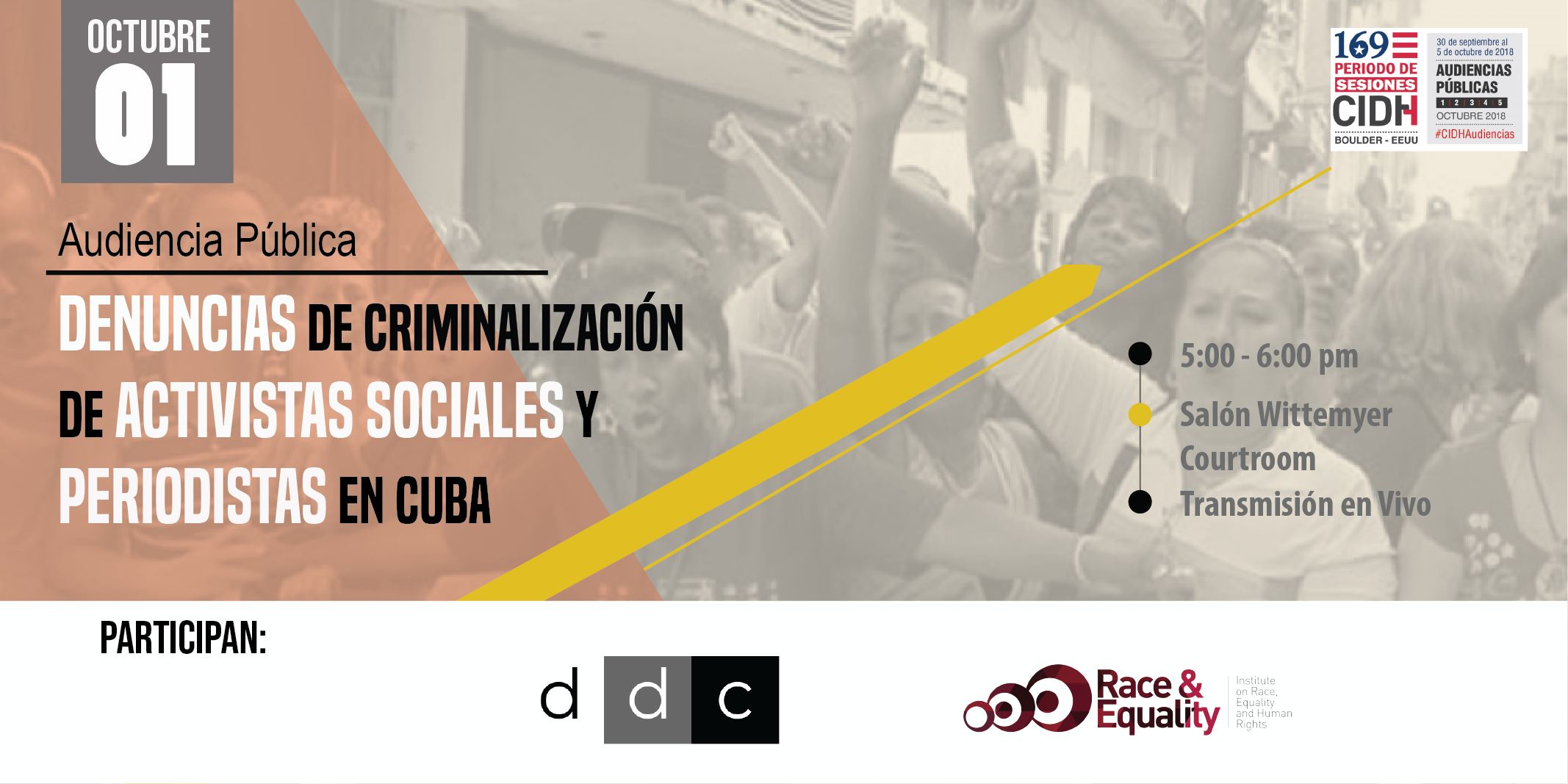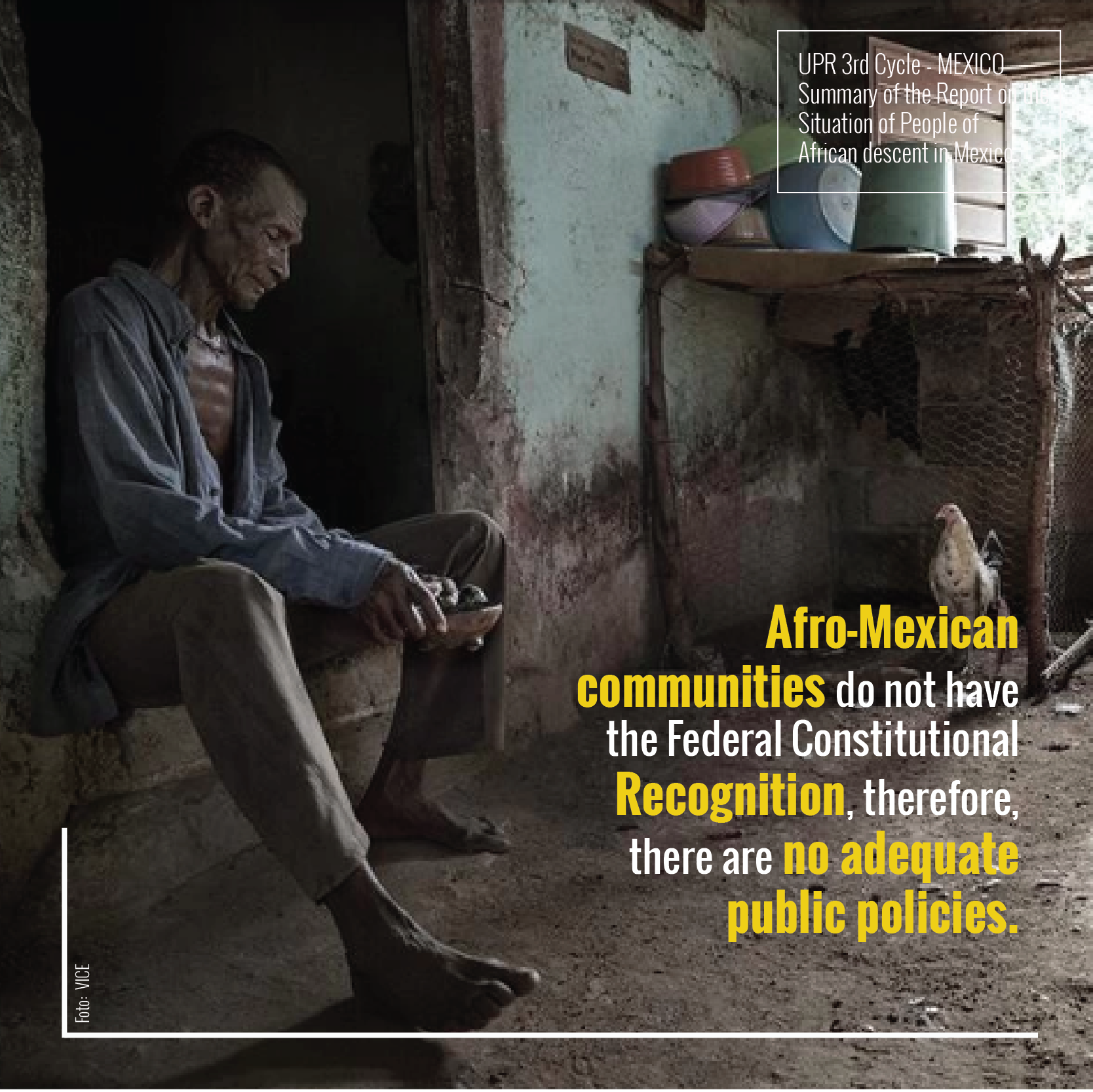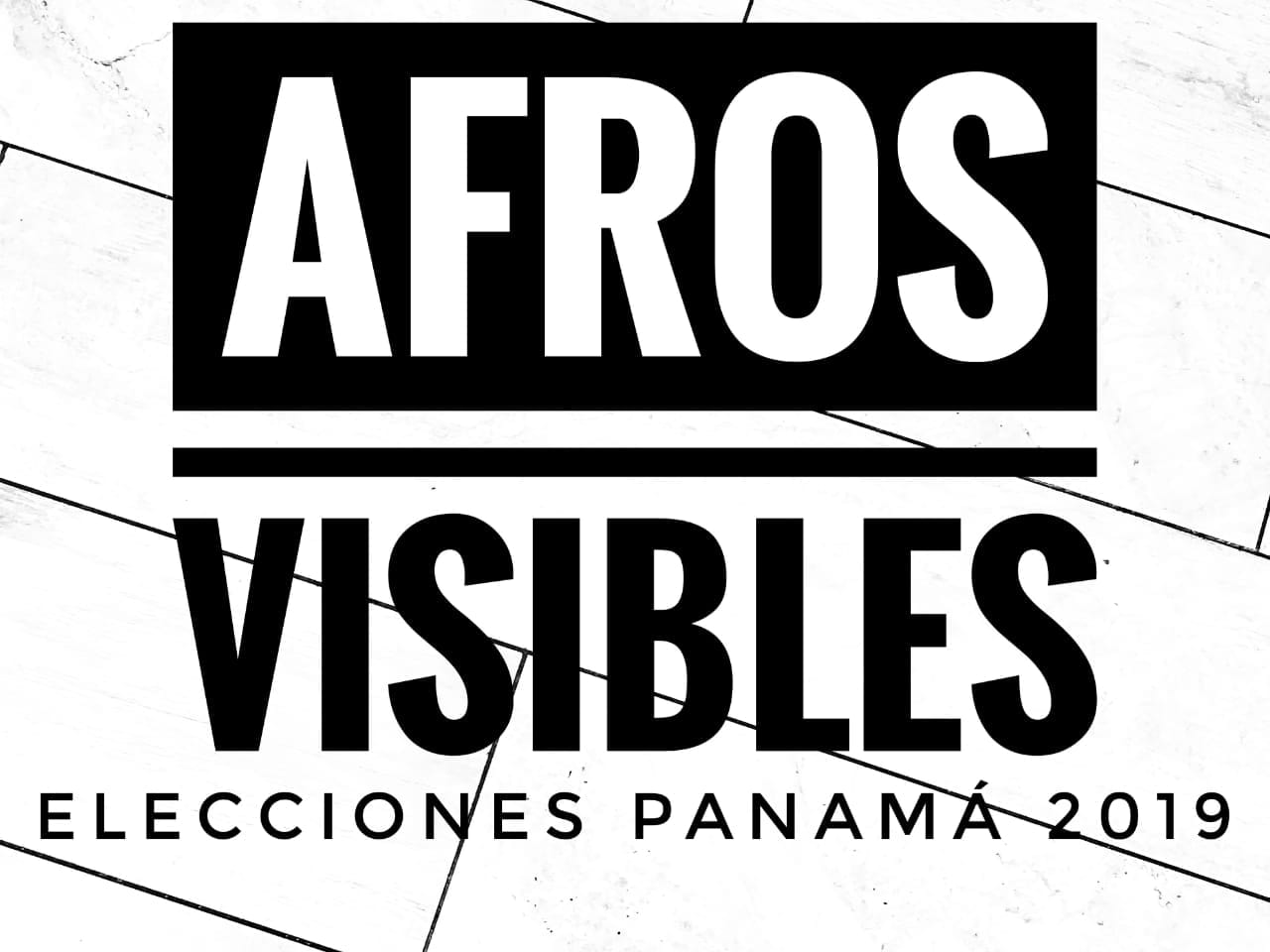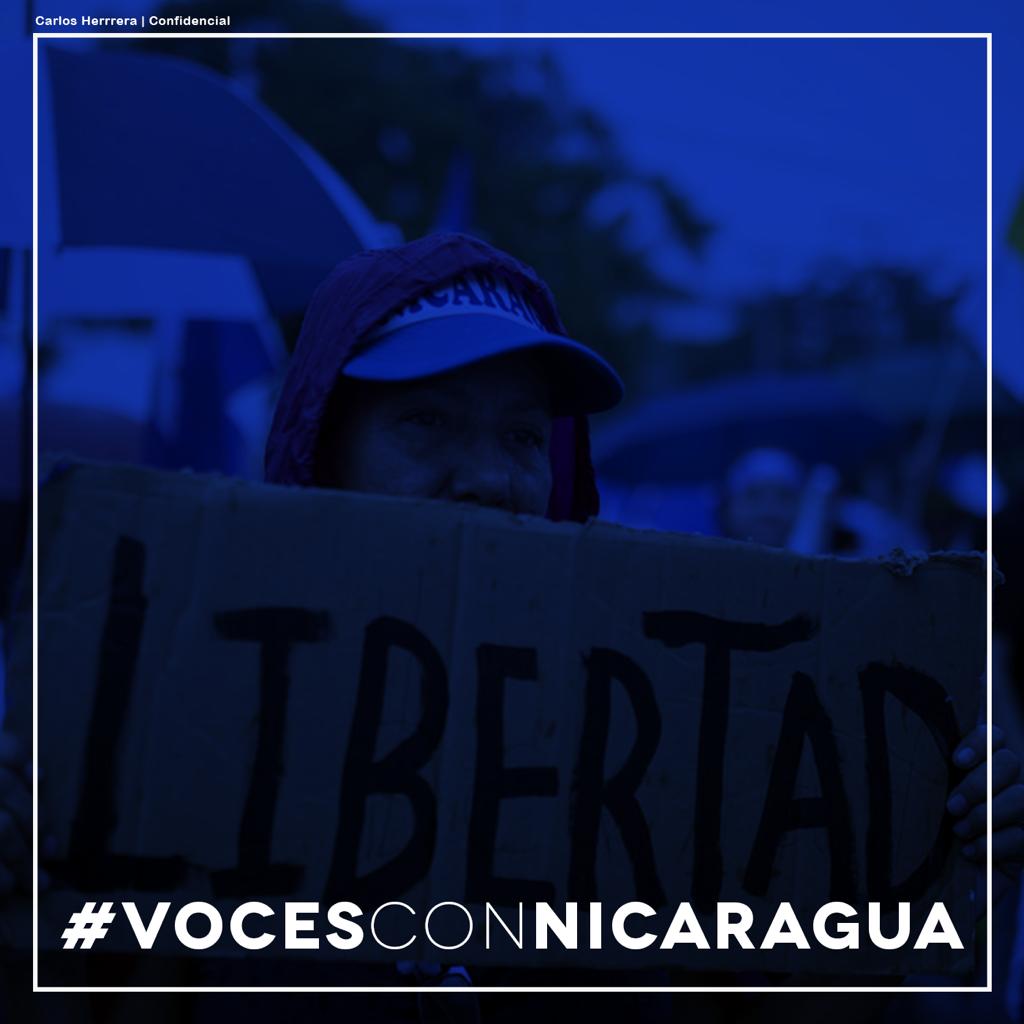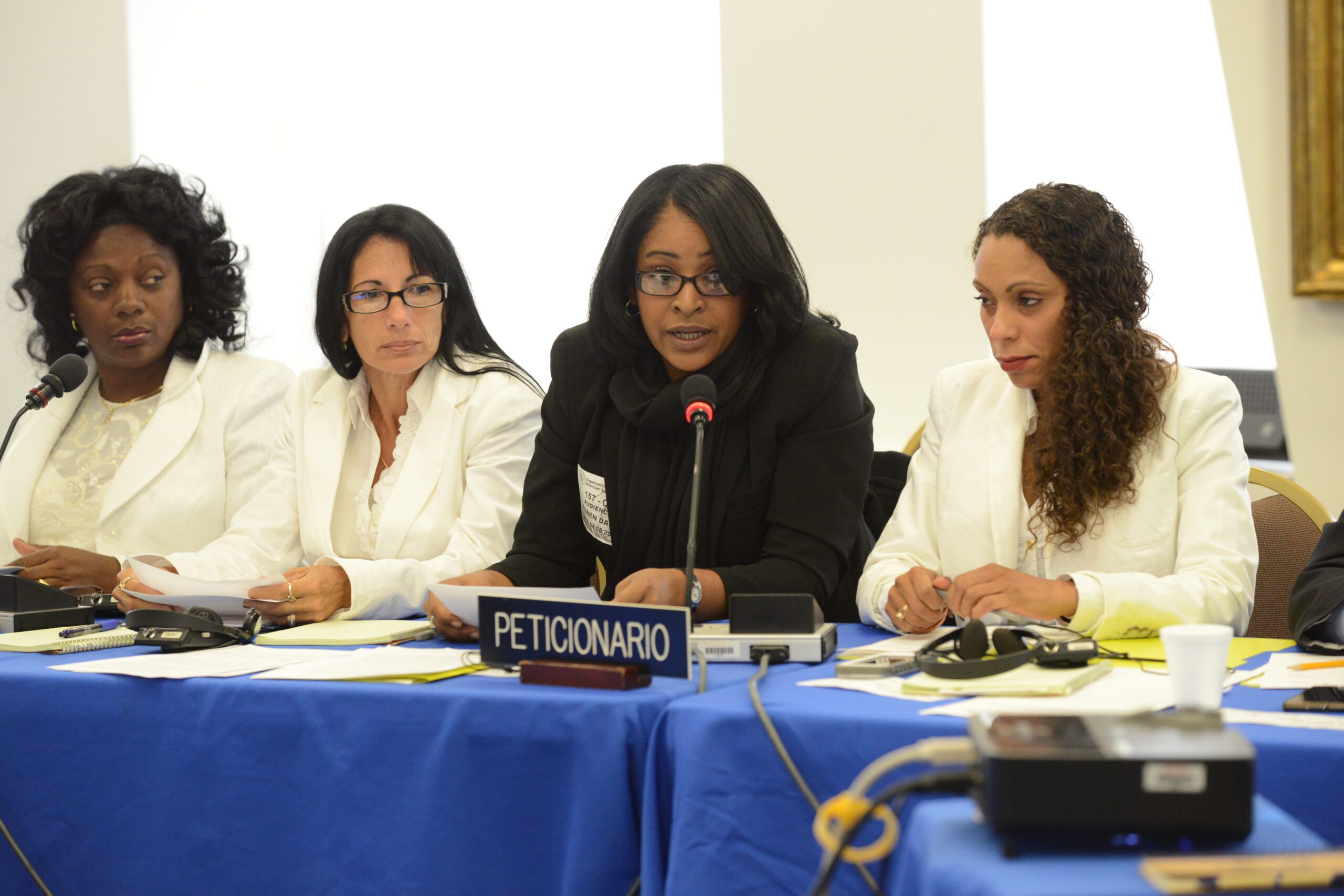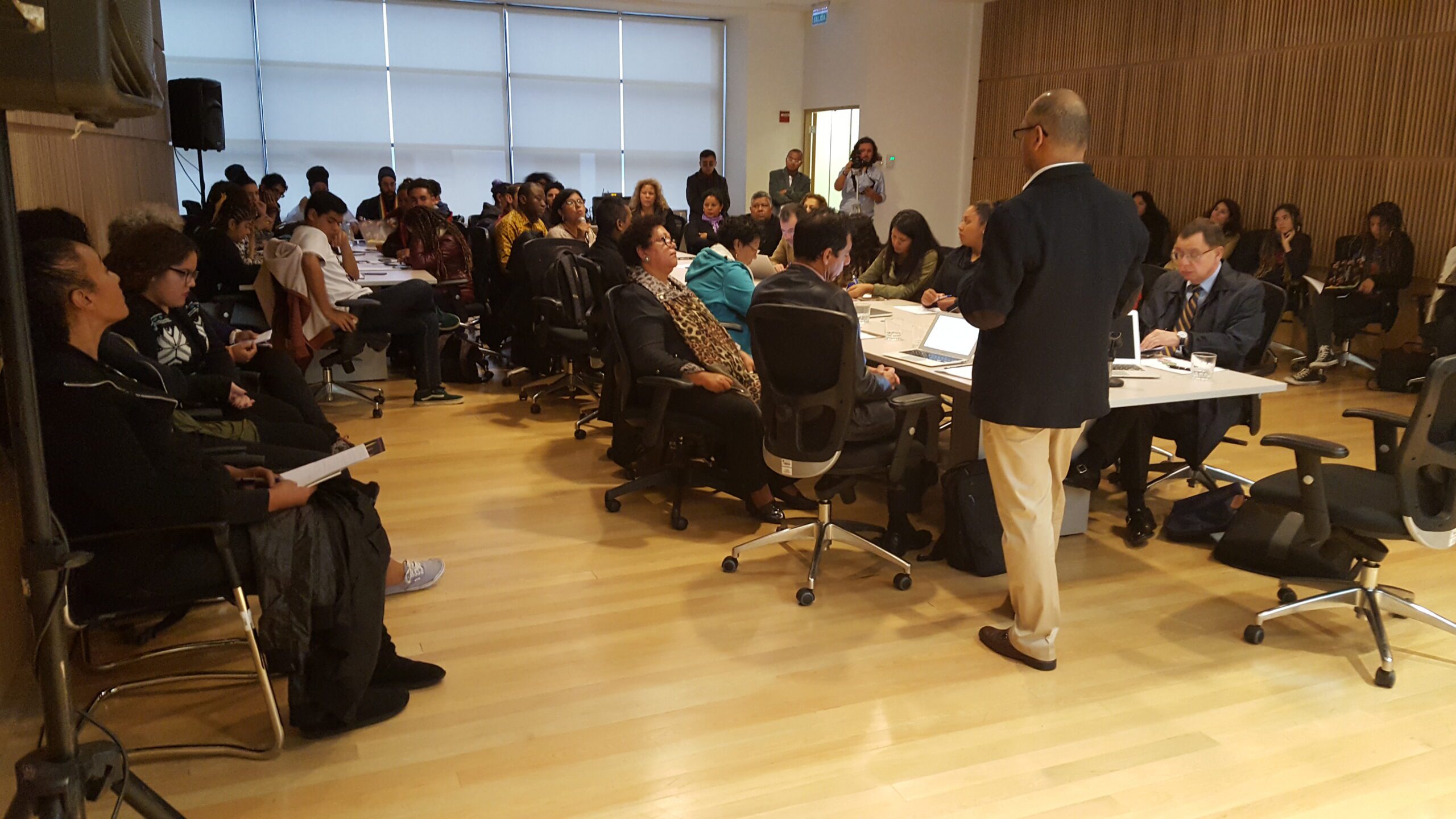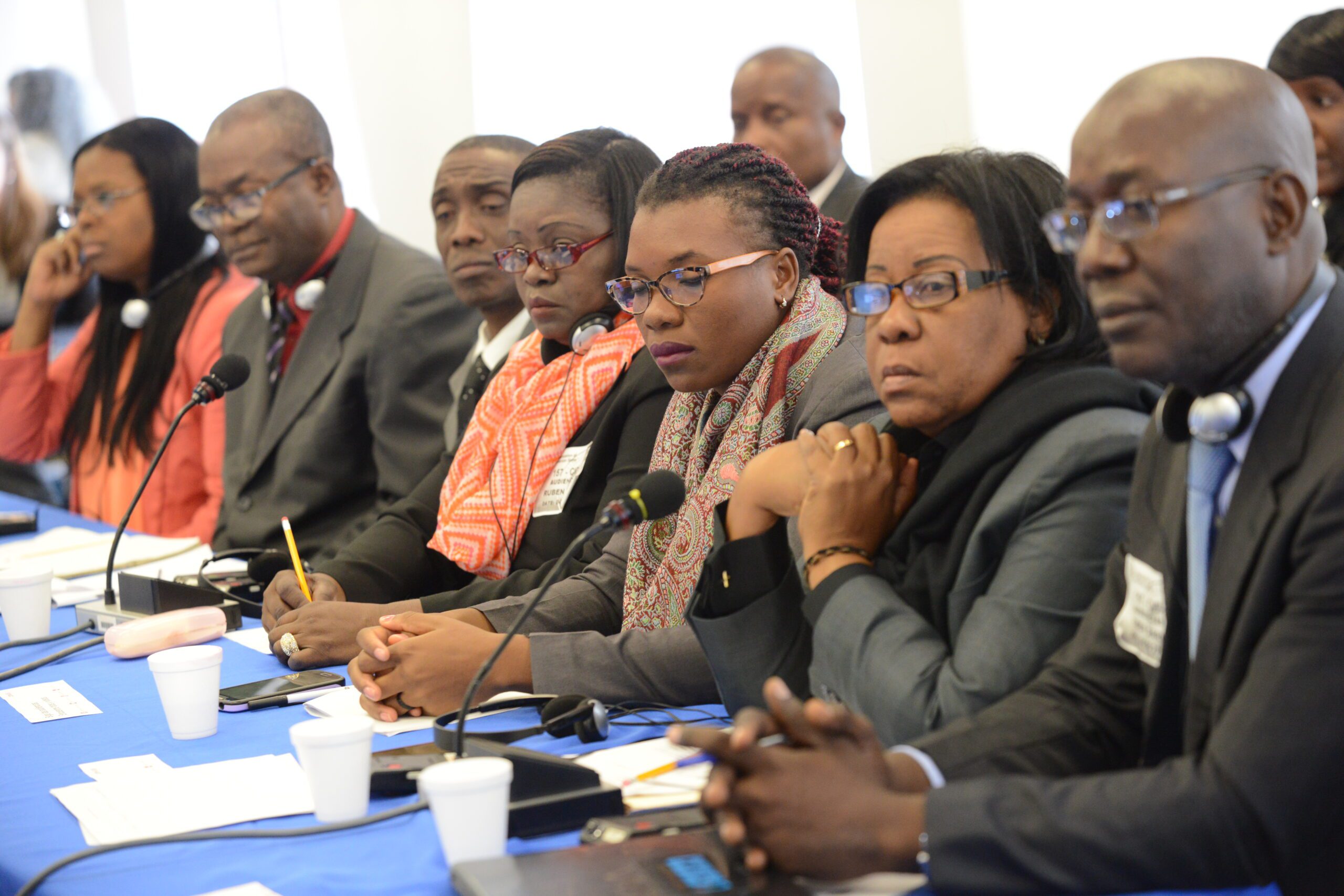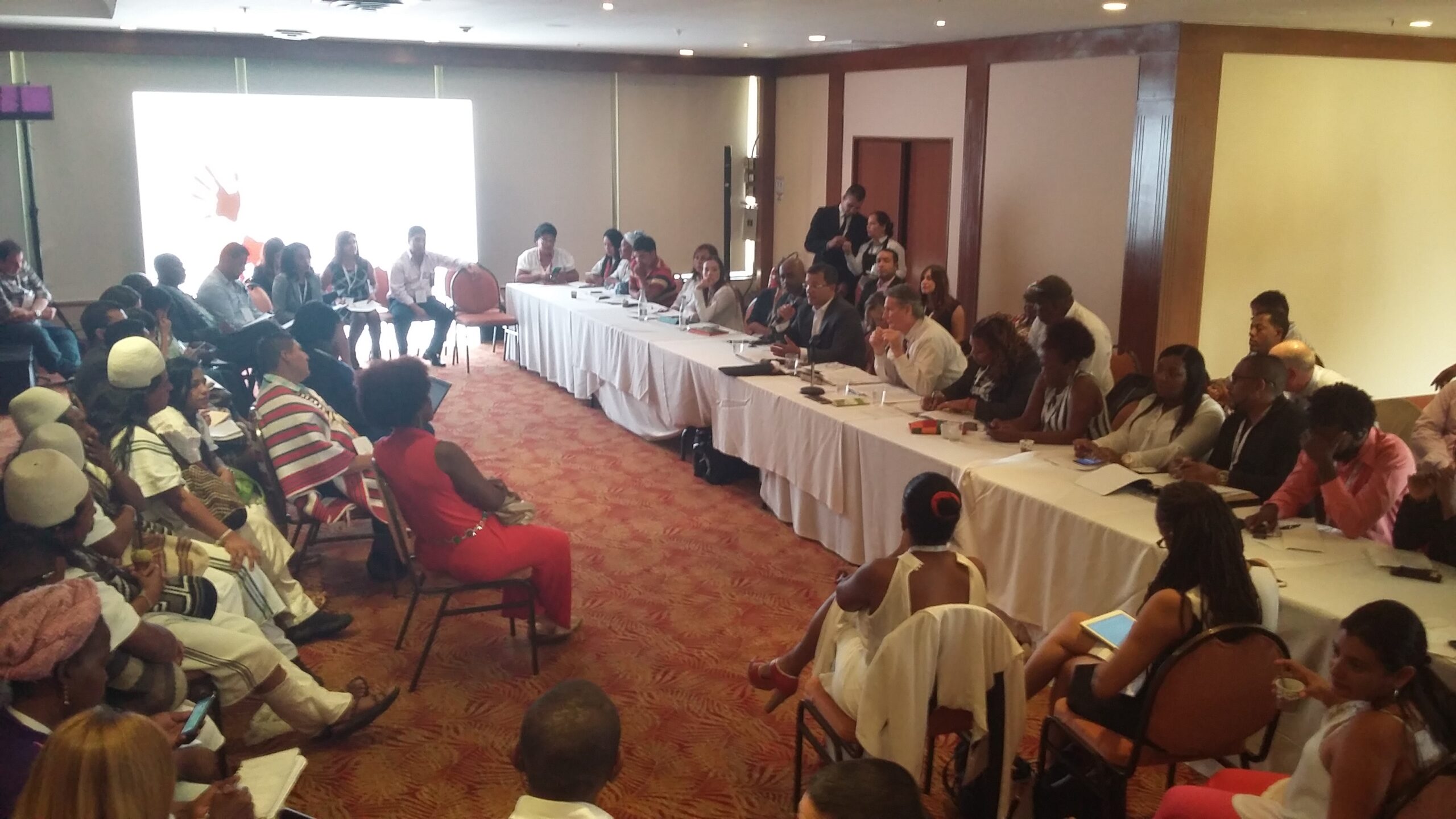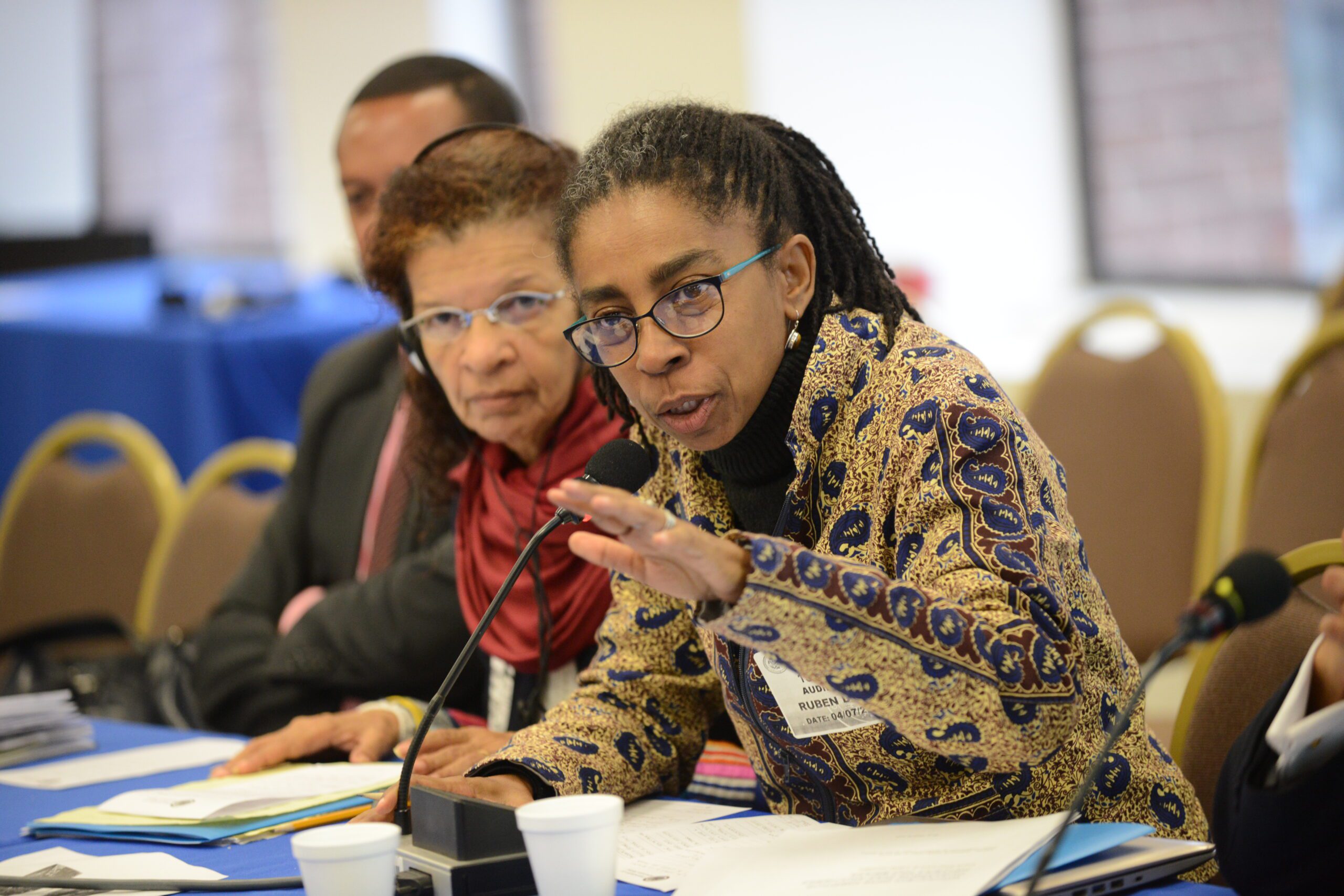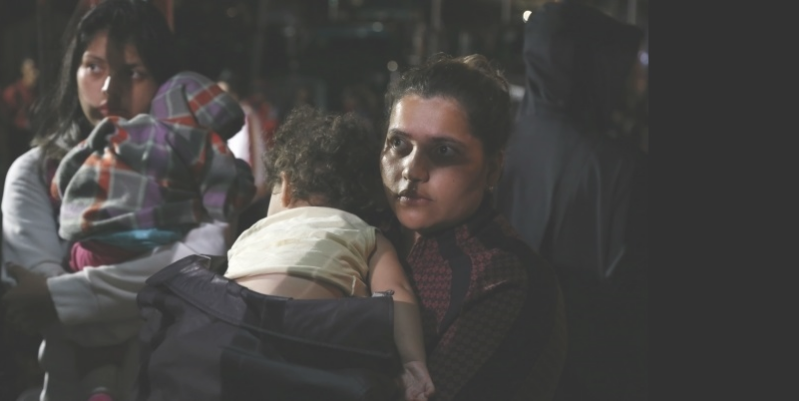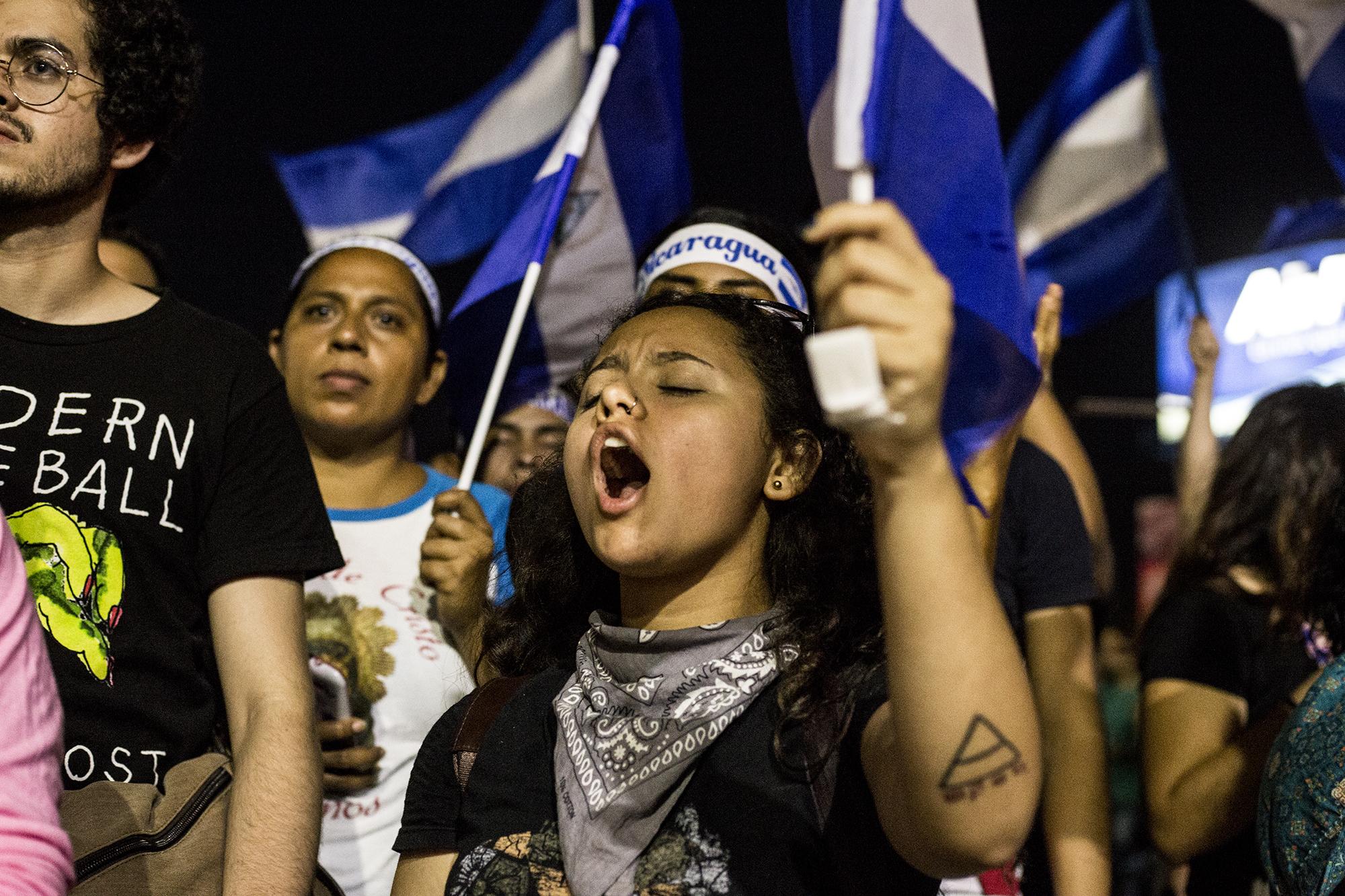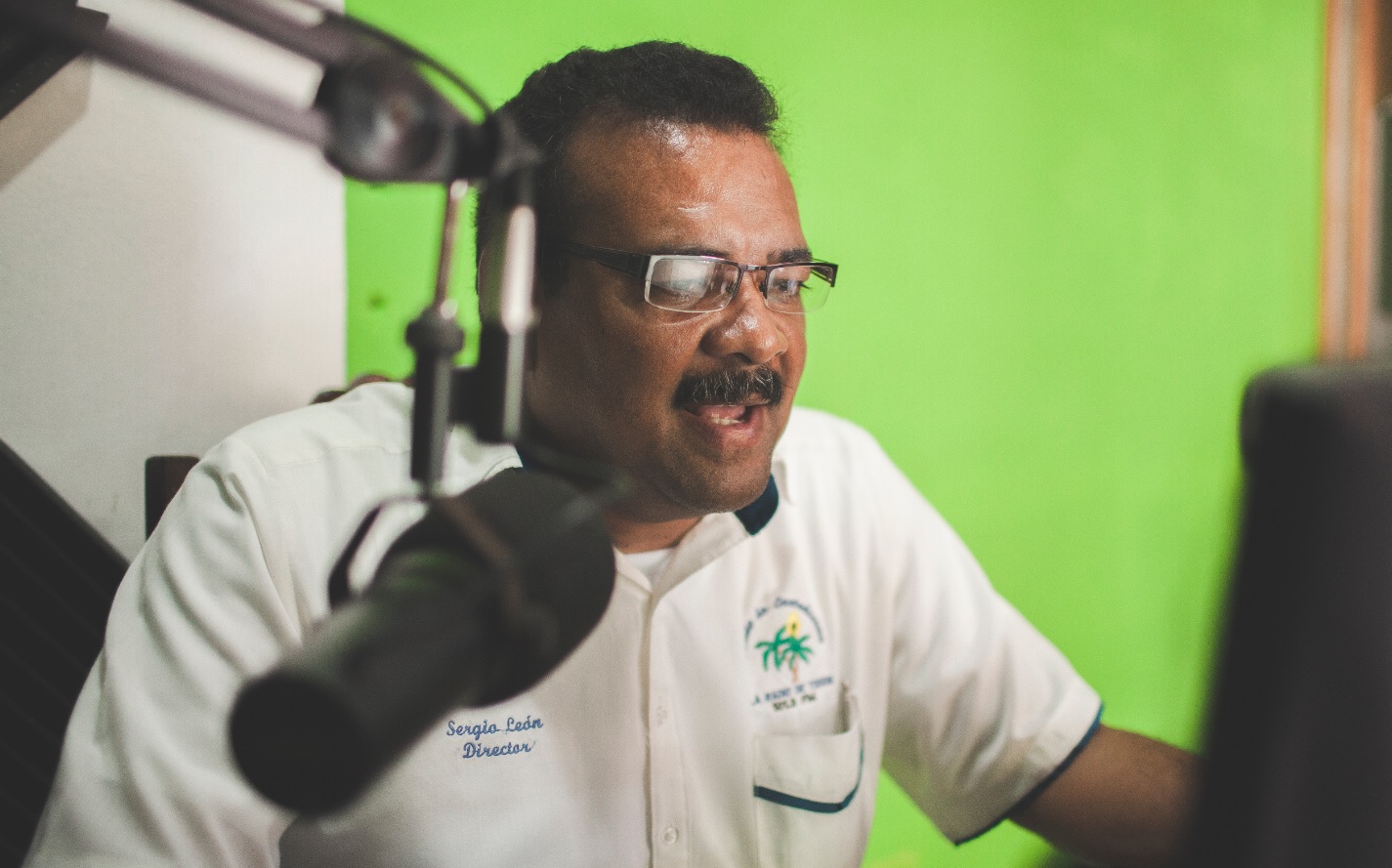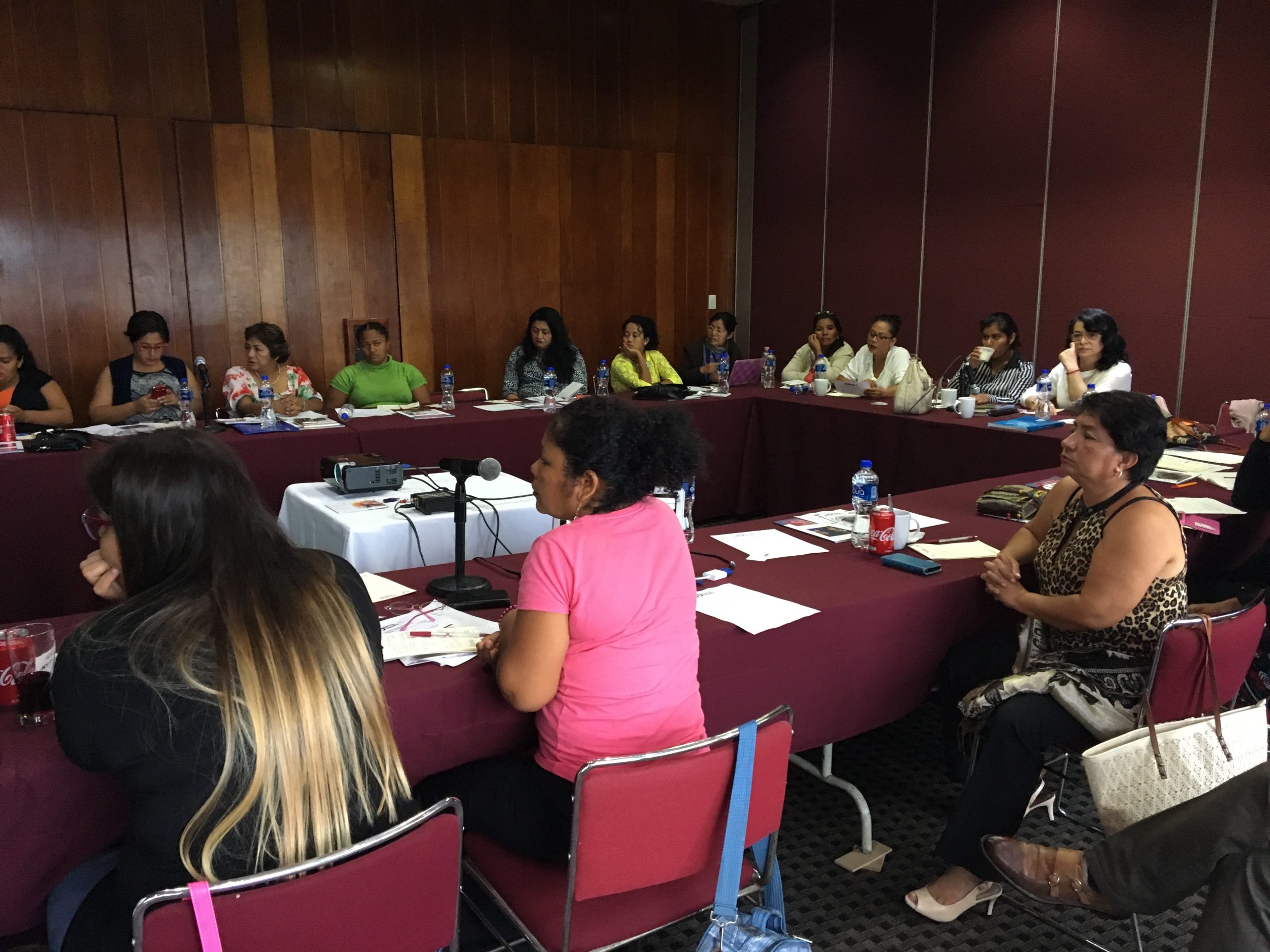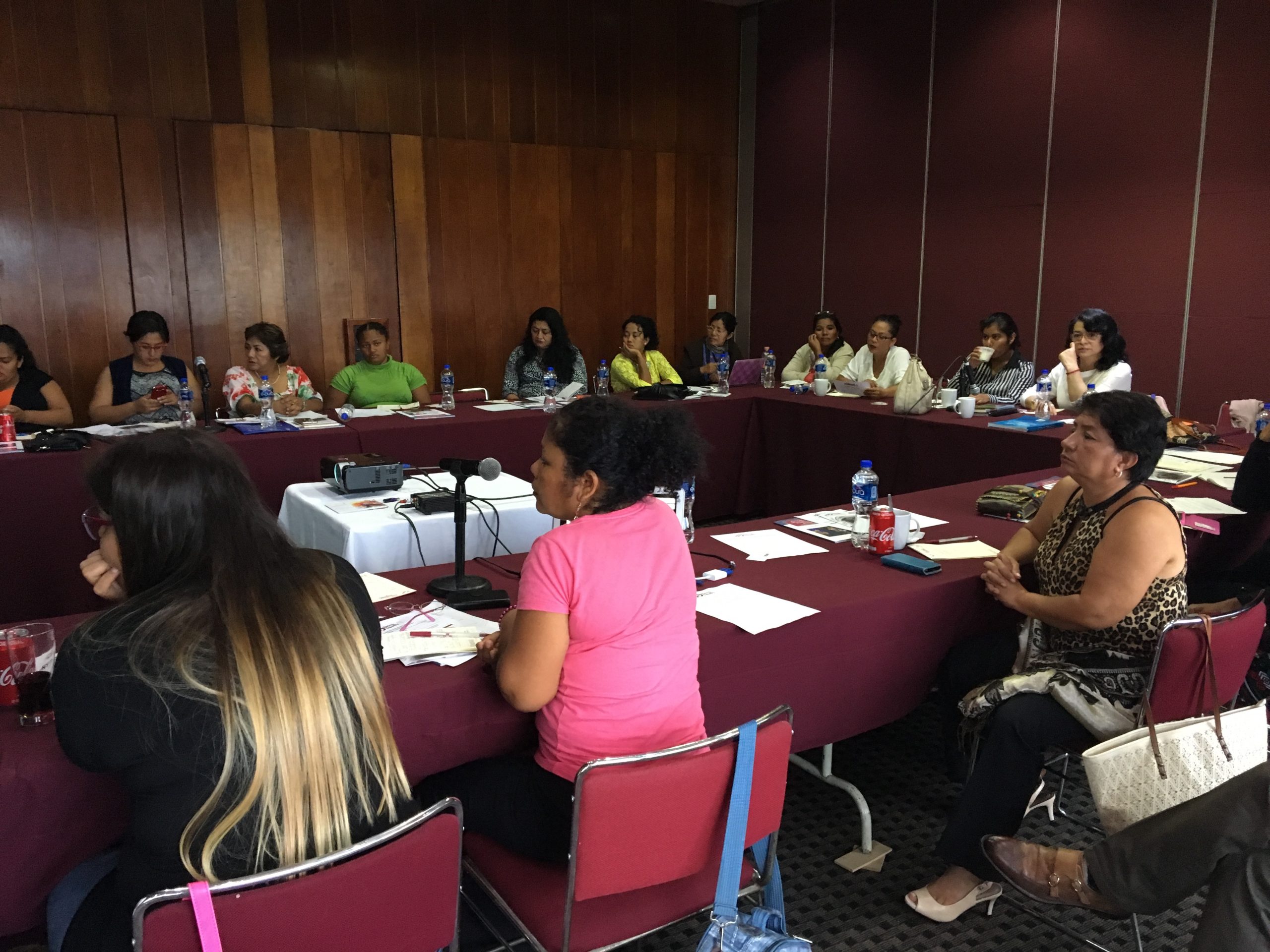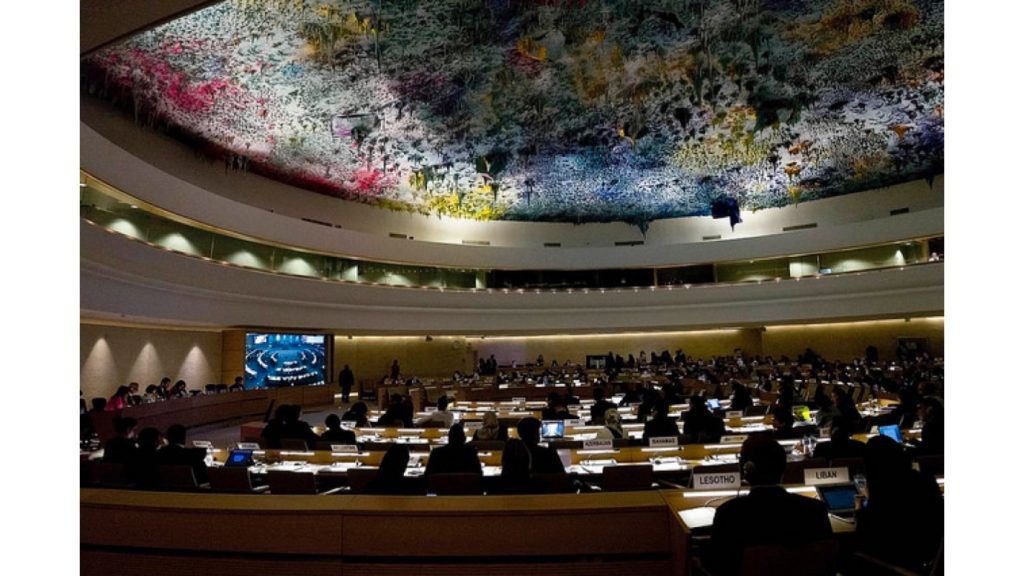Race and Equality demands effective medical care for the Cuban activist Xiomara Cruz Miranda
Photo: Radio Martí
The International Institute on Race, Equality and Human Rights (Race & Equality) expresses grave concern regarding the health of Cuban activist Xiomara Cruz Miranda, whose condition has worsened in recent days while she awaits a firm diagnosis. Her situation is all the more concerning given that she should be benefiting from the precautionary measures granted to her by the Inter-American Commission on Human Rights.
According to reporting from the independent media outlet Diario de Cuba and the testimony of her family members, Xiomara Cruz’s status remains delicate and uncertain. “She continues to be very debilitated, with constant fevers and severe muscle pains. Her doctors are giving her daily medications and running tests, but they still give vague answers to our questions and do not give us any written documents,” according to one of her family members.
At first, doctors believed that Xiomara suffered from tuberculosis; she has received tuberculosis treatments throughout her time in the hospital. However, tuberculosis tests conducted in early August showed negative results. According to a statement in Diario de Cuba by Xiomara’s daughter Clara Iznaga, the doctors could not explain this result and “they do not understand why she continues to have these pains…The doctors change their opinions and never give a clear answer. One day it is tuberculosis, the next day it is lung cancer. Although they have run several tests, they have never shown the results to the family, which is why we really do not trust the doctors.”
Although some press sources have reported that Xiomara will be sent home now that she is no longer believed to be contagious with tuberculosis, Cuban activists report that she will actually be transferred to another hospital to be tested for cancer. Doctors raised the possibility of lung cancer early in Xiomara’s ordeal and subsequently ruled it out, but her family members are now re-considering the possibility as they still cannot find any explanations for her continued illness.
“What they’re doing is putting us through a labyrinth,” said one family member regarding officials’ non-committal and negligent treatment of Xiomara and her family, noting that doctors have not yet addressed a third possible diagnosis of non-tuberculosis bacterial lung infection.
As Diario de Cuba reports, Cruz Miranda was sentenced to one year and four months in prison for her supposed crime of “threats.” She began her sentence in the El Guatao women’s prison and was later sent to Ciego de Ávila, where she was hospitalized with skin lesions and other symptoms that have only worsened over time.
In July of this year she was transferred to Havana for treatment in La Covadonga hospital (where she remained under custody). At the end of July, she was rushed to intensive care with low hemoglobin, fatty liver, fluid in her lungs, shortness of breath and a high red blood cell count along with the same skin condition.
Race & Equality insists that the Cuban state guarantee Xiomara’s right to health by prioritizing and delivering the medical attention that she needs. Although Xiomara was perfectly healthy upon being taken into custody, her life is now in danger. She is suffering from daily fevers, has lost weight and is very weak. Medical negligence and blatant violations of Xiomara’s rights to life, health and dignified treatment are obvious given these facts. We urge the international community to speak out regarding the serious danger to the activist and rights defender’s life.

